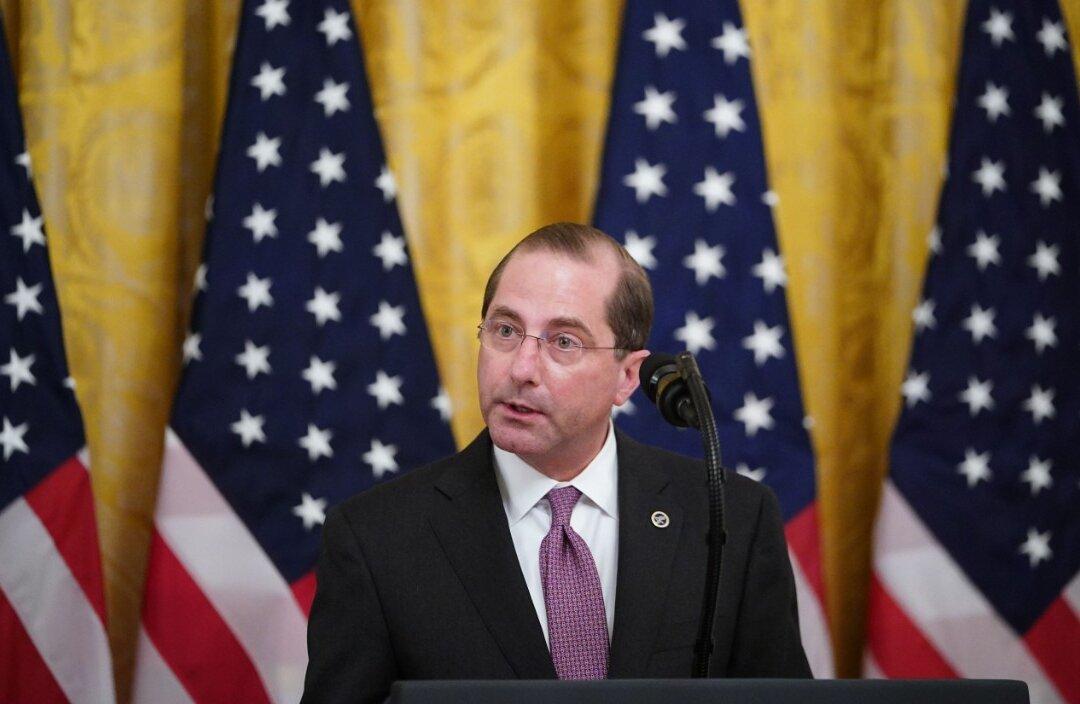The United States decried Beijing’s coverup of the CCP virus outbreak and criticized the World Health Organization’s (WHO) pandemic response at the international body’s annual meeting.
U.S. Health and Human Services Secretary Alex Azar, at the virtual meeting of the World Health Assembly (WHA) on May 18, denounced an “apparent attempt to conceal this outbreak by at least one member state,” without directly naming China. The WHA is the WHO’s decision-making body.





